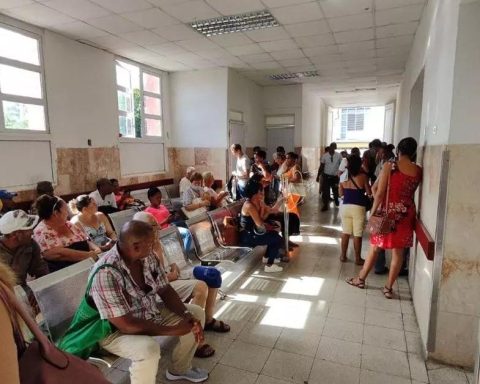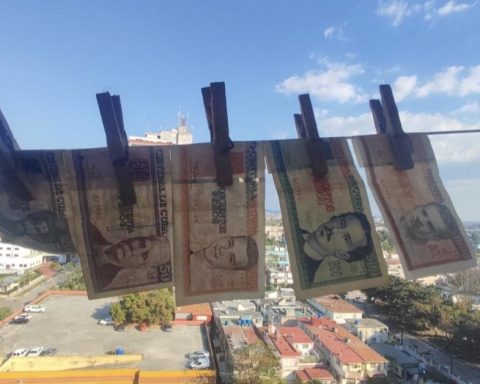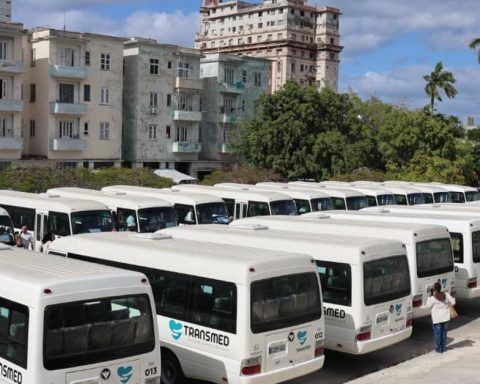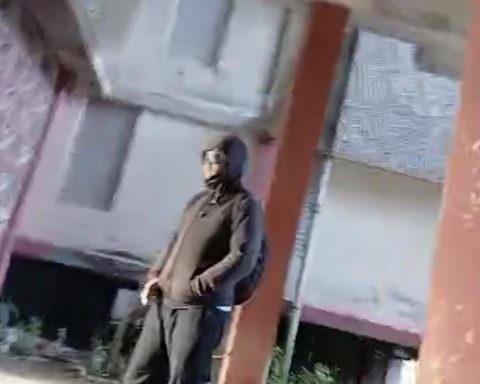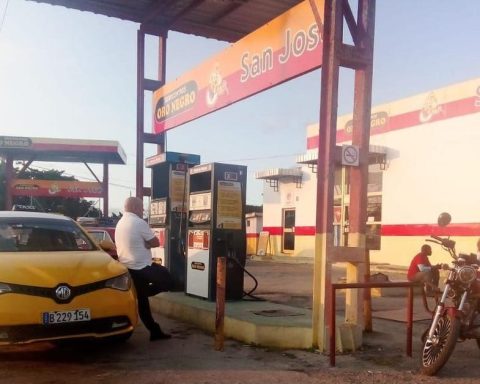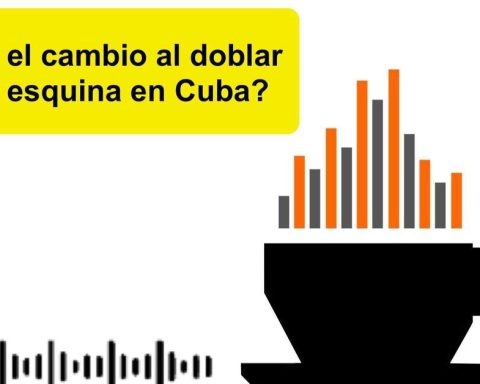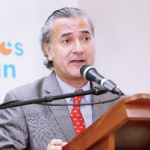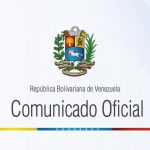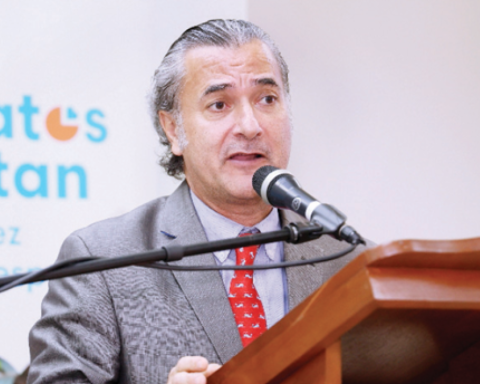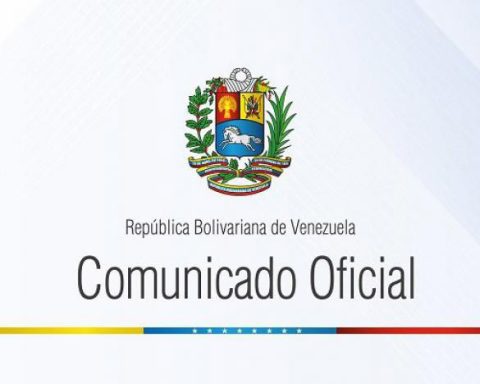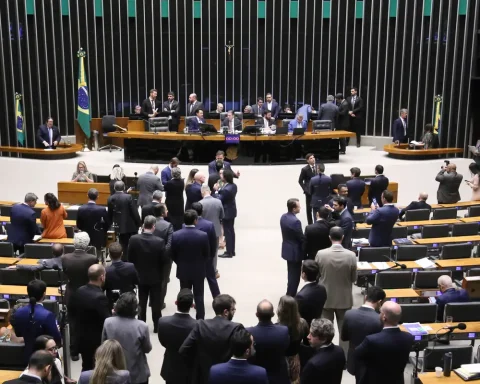More than ten years after the death of Cuban opponent Oswaldo Payá, the Inter-American Commission on Human Rights (IACHR) published this monday the results of their investigation into the case: “There are serious and sufficient indications to reach the conclusion that state agents participated in the death of Messrs. Payá and (Harold) Cepero.”
For the Cuban regime, the text argues, the elimination of both dissidents from the political scene had a strategic value: provoking a hard blow to the structure of the organization led by Payá, the Movimiento Cristiano Liberación, and weakening the opposition.
A detailed report, which includes the information provided by the relatives and by a direct witness of the “vehicular crash”, caused by a State Security car, in which the opponent lost his life on July 22, 2012, allows the Commission – an organ of the Organization of American States (OAS) – to contravene the official version released by the Cuban authorities.
The IACHR concluded its investigation on December 19, 2022, but the document was withheld until now for unknown reasons, although some pressure is suspected to prevent publication or qualify the conclusions
The IACHR concluded its investigation on December 19, 2022, but the document was withheld until now for unknown reasons, although some pressure is suspected to prevent publication or qualify the explosive conclusions of the report. Although it is not an active member of the inter-American organization, Cuba is a signatory to the OAS charter and, therefore, should comply with the recommendations of its human rights body.
Last March, a bipartisan group of US senators, including Democrats Dick Durbin and Bob Menéndez, and Republican Marco Rubio, demanded from the CIDH “accelerate the progress of the investigation into the murder” of Payá and Cepero, arguing that they could carry out their “critical work” even if the government did not cooperate.
Given the constant refusals of the Island’s authorities to offer a complete and detailed explanation, the IACHR grants “probative force” to the allegations of the Payá family and to other “multiple elements of evidence”: a State Security vehicle attacked against the car in which Payá, Cepero and two foreign citizens were traveling, on a highway in the province of Granma.
The authorities’ report blamed the driver, the young Spanish politician Ángel Carromero, of the Popular Party (conservative), for causing the crash, and as such he was tried for involuntary manslaughter in a court on the Island. Carromero, forced to corroborate the hypothesis of the regime in front of the Cuban Television cameras, he explained, back in Spain, that he had testified under duress.
There is also, the Cidh points out, an external eyewitness – whose identity is being protected – who assured that a State Security car hit the vehicle in which Payá was traveling, a technique with which the political police had previously tried to intimidate to the opponent In 2008, his family denounced that regime agents had loosened the lug nuts on his car and that, only a month and a half before his death, a state vehicle rammed into his. In both cases, the Cuban authorities ignored the claims imposed.
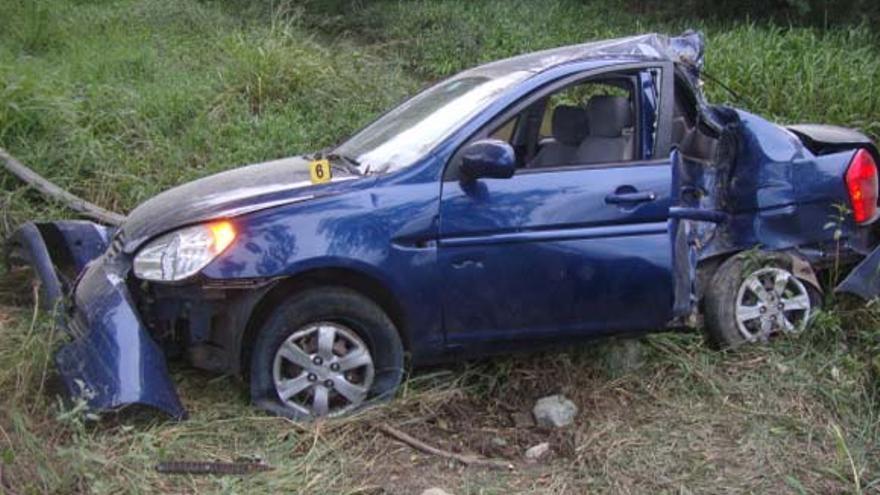
The report summarizes that the events of July 2012 constitute, first of all, a flagrant violation of the right to life, liberty, security and integrity of the person, but that they were not the only rights disrespected by the Cuban Government during the life of Payá and Cepero.
Systematically and in order to intimidate both opponents, the political police prevented them from free movement throughout the national territory, placed microphones in their homes in order to listen to their conversations, and subjected them to discredit in the face of public opinion. In addition, whenever international organizations – including the IACHR – requested detailed information on the case, the Cuban State ignored the request, which, as it points out, has legal consequences.
After Payá’s death, at the age of 60, his wife Ofelia Acevedo and their daughter Rosa María Payá were not given access to the autopsy report, a right they have claimed on several occasions, and they were prevented from attending Ángel’s trial. Carromero, which also constitutes a violation of the regularity of judicial processes.
Carromero remained detained for three months until he was heard by a judge, which, the Commission points out, means a violation of Cuban law itself. The Spanish politician said that, during his arrest, he was beaten by the agents and that, once in prison, he was subjected to unacceptable conditions, lack of food and health care.
The report also observes that Payá’s next of kin can be considered “victims” of the actions of the State, since not only were their mental and moral integrity affected, but, after the facts, they were also harassed by the political police.
The Commission questions the Cuban Government and demands reparation for the death of Oswaldo Payá and Harold Cepero, which includes economic compensation for their next of kin
Ofelia Acevedo and her daughter recounted that, several days after Payá’s death, they went by bus to visit the Cepero family in Ciego de Ávila, and that there was a piece of paper with their names on the reserved seats. When the doors closed, “still missing passengers to get on,” the vehicle began to circle around the terminal “at a certain speed, for no apparent reason.” Both in Havana and in Ciego de Ávila, they said, there were State Security agents following them.
After its analysis, the Commission questions the Cuban government and demands reparation for the death of Oswaldo Payá and Harold Cepero, which includes economic compensation for their relatives, the transparency of their explanations, and the generation of “return conditions” to the Island of “all the people who, as a consequence of the events, have been forced to rebuild their life projects in other places, whenever they so wish.”
Likewise, taking into account the seriousness of the allegations in the report, it demands a new and more rigorous investigation by the Cuban authorities, which adheres to the truth in its results, and the adoption of a series of “mechanisms” to cease the criminalization of dissent on the island.
________________________
Collaborate with our work:
The team of 14ymedio He is committed to doing serious journalism that reflects the reality of deep Cuba. Thank you for accompanying us on this long road. We invite you to continue supporting us, but this time becoming a member of our newspaper. Together we can continue transforming journalism in Cuba.
